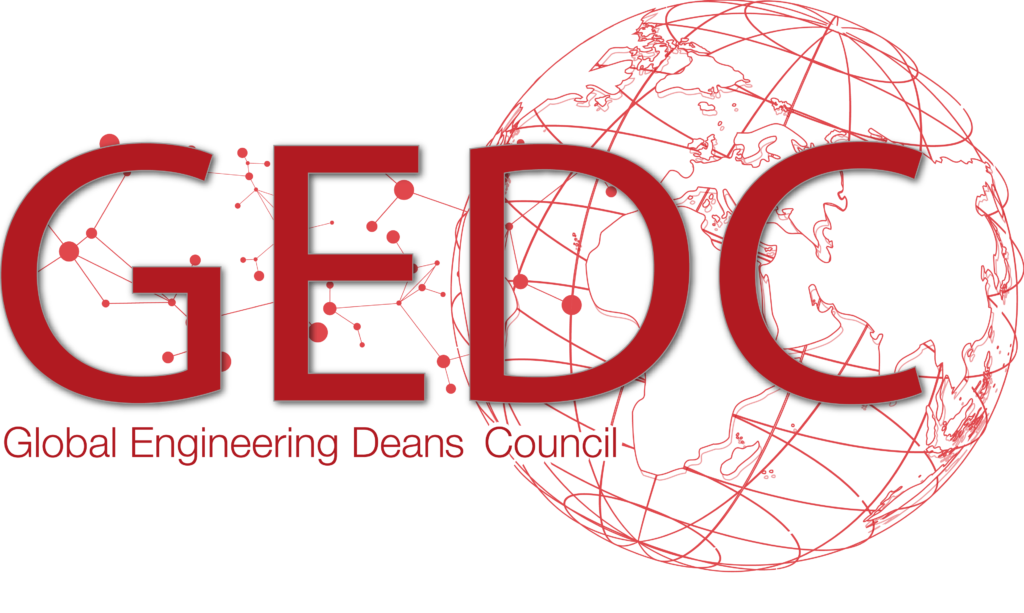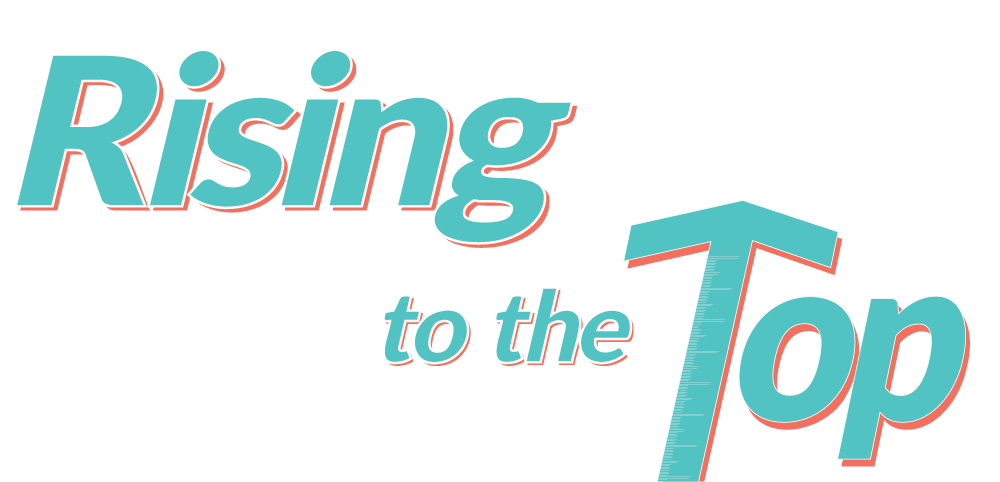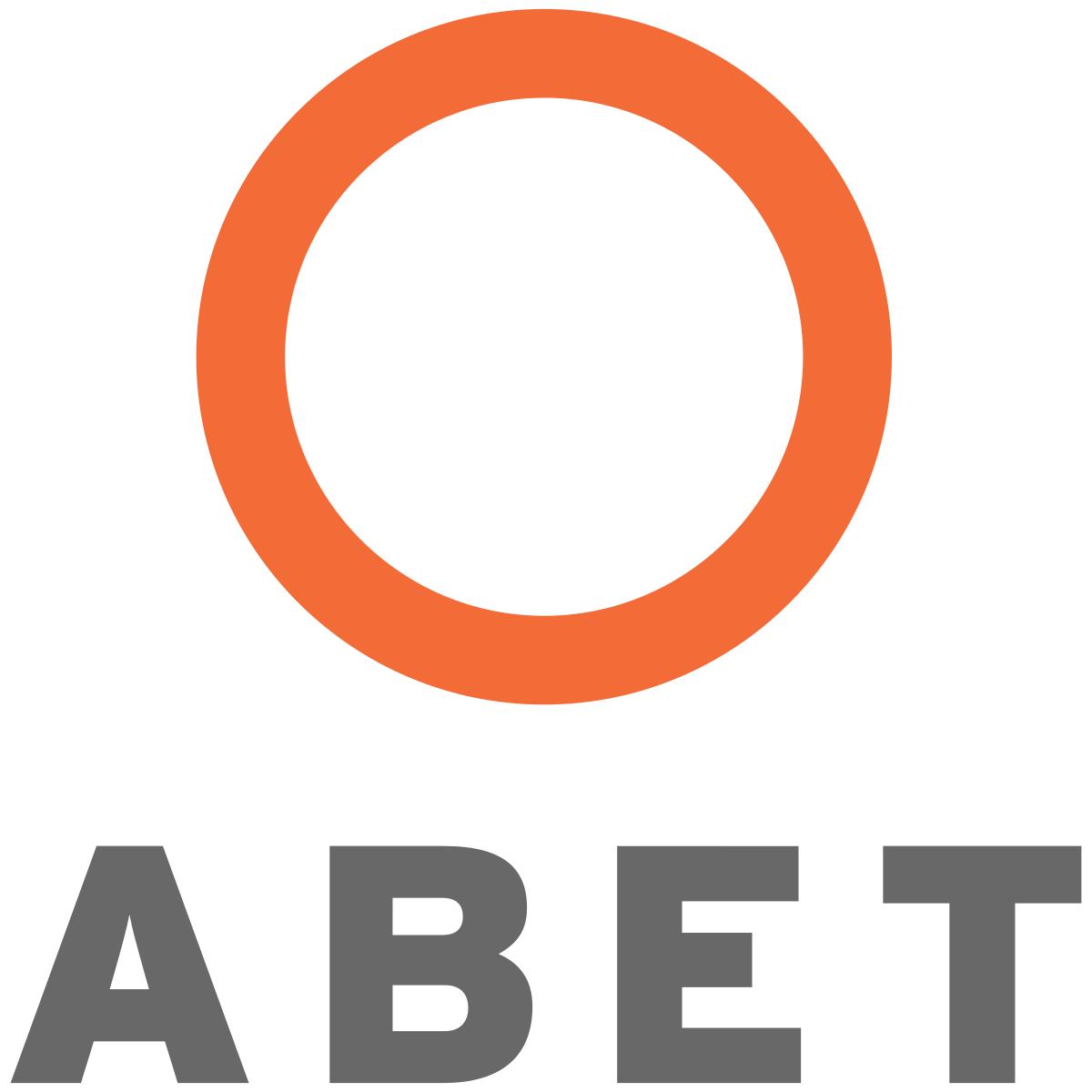The Engineering Professors’ Council today announced the launch of innovative new content for their Engineering Ethics Toolkit, an online resource that helps educators to build ethics directly into their engineering teaching.
Created by the Engineering Professors’ Council (EPC) with support from the Royal Academy of Engineering, the Engineering Ethics Toolkit addresses the issue that relatively few university engineering courses explicitly embed ethics teaching throughout the curriculum.
The ability to tell right from wrong – and better from worse – is as vital to an engineer as maths or design skills, yet many UK higher education institutions fall short in effectively developing these abilities in future engineering professionals. The Engineering Ethics Toolkit solves this problem with a suite of interactive resources, guidance and teaching materials that aim to engage educators, and enable them to introduce ethics into the education and training of every engineer, allowing the UK to position itself as a leader in promoting engineering as a force to improve the world for people and the planet.
As well as offering advice to educators who want to teach ethics but are not sure where to begin, the Toolkit features ready-to-use classroom resources that are rooted in educational best practice and align with the Accreditation of Higher Education Programmes(AHEP) criteria, which are the conditions for courses to receive professional accreditation.
These case studies and other teaching materials highlight current and emerging real-world issues and can be used and adapted by anyone. The latest additions to the Engineering Ethics Toolkit include the interactive Ethics Explorer, which helps educators understand, plan for and implement ethics learning, and 30 new academic guidance articles, case studies and comprehensive classroom activities created and developed by academic and industry professionals.
Dr Rhys Morgan, Director of Education and Diversity at the Royal Academy of Engineering, comments: “There has never been a more crucial time to ensure that the next generation of engineers have the skills and training to critically address ethical questions around issues such as artificial intelligence and sustainability. It is vital for the future of our profession, as well as the future of our society and planet, that every engineer develops the ability to make responsible and informed decisions regarding the ethics of their work.”
Raffaella Ocone OBE FREng FRSE, Professor of Chemical Engineering at Heriot-Watt University and a Fellow of the Royal Academy of Engineering, remarks: “As engineers and as educators we want to improve the world. When we teach ethics within our engineering degrees, we teach the ability to determine what is wrong and what is right, what is a mistake and what is an improvement. The Engineering Ethics Toolkit makes it easy to include ethics in our teaching. It is a treasure trove for educators.”
The Engineering Ethics Toolkit is a free to use suite of resources, available at epc.ac.uk/resources/toolkit/ethics-toolkit
To hear about forthcoming Engineering Ethics Toolkit webinars and workshops, join the EPC’s Ethics Ambassadors community by emailing press@epc.ac.uk











